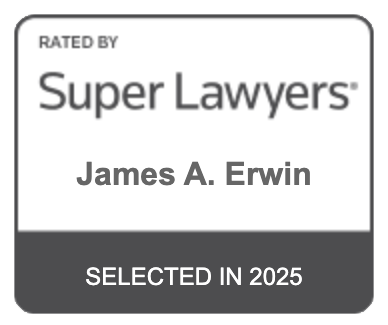A contractor who doesn’t get paid for doing work on someone’s home or real estate property has a useful method of enforcing his or her collection rights – the filing and prosecuting of a mechanics lien against that real estate property. Mechanics liens are products of state law and, in Illinois, are authorized and governed by the Illinois Compiled Statutes. But in many cases, these liens might not be enforceable if it has not been property perfected.
If a contractor wishes to enforce a mechanics lien, he or she must prepare and record a lien claim in the office of the County Recorder in the county where the subject real estate is located. This lien claim has specific requirements for what information it must include, and even differs for general contractors versus subcontractors. In addition, the contractor must comply with the strict statutory notice provisions, providing the owner of the property with notice of the lien claim. The process of recording and giving notice of a lien claim is called perfecting the lien.
Critical components of a valid mechanics lien claim are:
Once a mechanics lien is perfected, the property owner may be required to satisfy the lien by payment or adjudicate the validity of the lien before the owner will be allowed to sell or refinance the property. However, in many instances, contractors fail to properly perfect their lien claims, or fail to take proper steps to enforce those claims. Therefore, it is important that you rely on counsel who understands when a mechanics lien might not be enforceable to best protect your rights.
There are many statutory requirements that must be met in order for a contractor to effectively use a mechanics lien as a collection tool. If you are a developer or a seller, or represent one facing a mechanics lien hurdle, Erwin Law can assist in determining whether or not the lien is valid and enforceable. For more information call us at (773) 525-0153.

All materials herein have been prepared by Erwin Law for informational purposes only and are not legal advice. Transmission of the information is not intended to create, and receipt does not constitute, an attorney-client relationship between you and the rm. You should not act upon this information without seeking professional counsel.
Copyright © 2025 Erwin Law. All Rights Reserved.